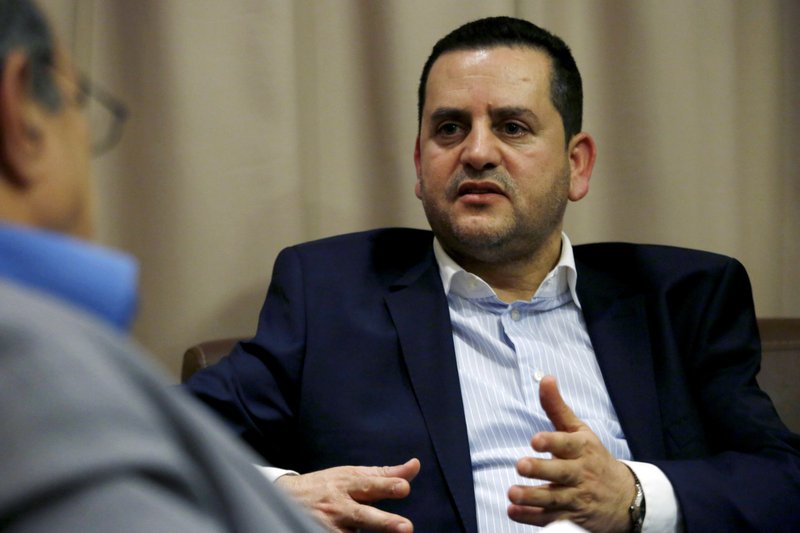TUNIS, Tunisia -- A self-styled Libyan army slowed its push on the country's capital over concerns for civilians caught up in the violence, as the U.N. refugee agency said Monday that the fighting for Tripoli has displaced more than 32,000 people.
Fighting broke out on April 5, pitting the self-styled Libyan National Army, led by commander Khalifa Hifter and aligned with a rival government in the east, against militias affiliated with Tripoli's U.N.-supported government.
The clashes threaten to ignite a new civil war in Libya on the scale of the 2011 uprising that toppled and killed longtime dictator Moammar Gadhafi.
The U.N. envoy for Libya, Ghassan Salame, said Monday that "divisions that prevail in the international community over the Libyan problem" are impeding efforts to impose a cease-fire. He spoke at a news conference after a meeting in Tunisia with the country's minister of foreign affairs.
Hifter has received aid from the United Arab Emirates, Egypt, Russia and France.
On Friday, President Donald Trump spoke with the Libyan commander by phone. A White House statement said "the two discussed a shared vision for Libya's transition to a stable, democratic political system."
The death toll from this month's fighting climbed to 254, including combatants and civilians, the World Health Organization said Sunday. At least 34 more people died in the past two days, the agency said; 1,228 were wounded.
Since launching the push, which many see as a power grab for Tripoli, Hifter's forces have captured the districts of Gharyan and Qasr Bani Ghashir along with several smaller towns. They also seized the capital's shuttered old airport.
Fighting is now underway for control of Ain Zara and Azizyia, two larger towns near Tripoli, and in the Abu Salim district, about 4 miles from Tripoli's center.
Abdelhadi Lahouij, the top diplomat for the east-based government, told The Associated Press in Tunis on Sunday that Hifter's push was slowed down because of concerns for civilians in the greater Tripoli area, estimated to number about 3 million.
If the civilians had not been taken into account, the battle would not have lasted even a week, he said.
"The army is today 20 kilometers [12.5 miles] from Tripoli. It controls the [old] airport and the bridge that connects the airport to the city center," Lahouij said.
He also lauded Trump's call to Hifter last week expressing U.S. support for the Libyan commander's perceived stance against terrorism and Hifter's role in "securing Libya's oil resources."
Trump's phone call was a step "in the right direction," Lahouij said.
A Section on 04/23/2019
